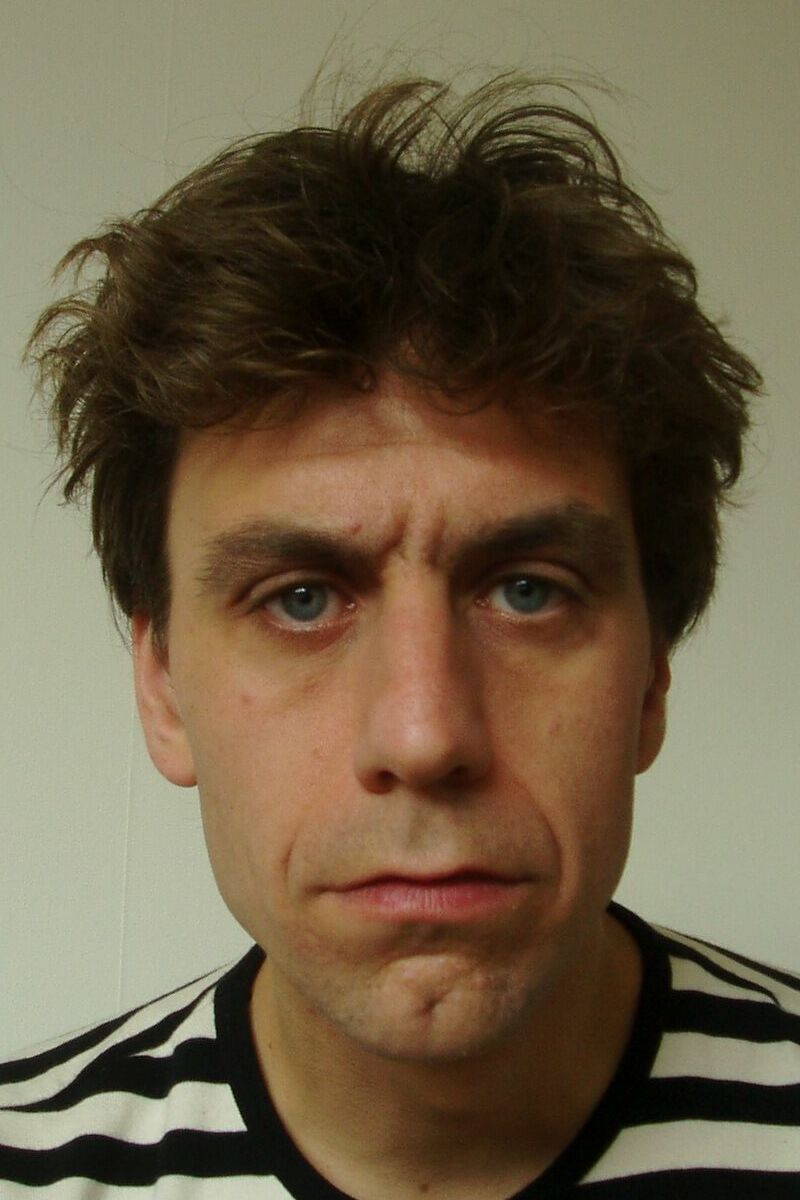Jan-Willem Romeijn
 Home Projects PhD students Papers Presentations Teaching Contact
Home Projects PhD students Papers Presentations Teaching Contact Current courses
Coming academic year I am teaching the following
courses:
- Philosophy of machine learning, MA course. In this course I offer several inroads into the broad philosophical discussion over machine learning and data science methods. I touch on both epistemological and ethical issues, relating machine learning to instrumentalist views on science, induction and statistics, the psychometrics of selection, and the valueladenness of science.
- Epistemology, BA second year course. This course picks up a number of notions from epistemology and scientific method, including uncertainty, causality, simplicity and deliberation, and offers conceptual and formal analyses of them.
Past courses
In past years I have among other things taught the
following courses:
- Philosophy of science, BA first year. This course is an introduction in the philosophy of science for philosophers, dealing with the nature of scientific theory, the problem of induction, realism, and scientific method.
- Methods of PPE, MA. This course focuses on evidence-based policy making and offers students from the master progam on PPE the required insight into causal modeling and statistical methodology.
- Conceptual Change, MA. This course concerns the nature of conceptual change in science. We read Kuhn's classic The Structure of Scientific Revolutions and then Michael Friedman's Dynamics of Reason. The goal of the course is to make philosophical sense of changes in one's frame of mind or, if you wish, one's relativized synthetic apriori judgments.
- Understanding Digital Humanities, MA. This course is taught together with Susan Aasman from the Faculty of Arts. My part concerns an introduction of, and reflection on computational and empirical methods in the humanities, with examples from archaeology, musicology, museology, and linguistics.
- Scientific representation, MA. This course serves as introduction for MA students in the programme for Philosophy of Science for Scientists, dealing with modes of representation in a variety of disciplines, including the humanities, the social and the natural sciences. We read the first part of Foucault's The Order of Things, and Scientific Representation by van Fraassen in its entirety.
- Physics and metaphysics, BA third year. A number of themes in the philosophy of the natural sciences are presented, and illustrated with examples from physics: classical mechanics, the physics of space and time, non-euclidean geometries, the direction of time, 'chaos theory', chance and determinism, and the quantum-mechanical nature of matter.
- Philosophy of science, Minor. This course is an introduction in the philosophy of science for scientists, dealing with topics such as natural laws, induction, explanation, experimentation, and scientific inference.
- Philosophy of psychology, together with Fred Keijzer, BA third year. In this course I discuss a number of themes on the intersection of psychological science and philosophy of science, like psychological models and explanations, the use of introspection and experimentation in psychology, scientific inference and statistics in psychological research, and themes like reductionism, evolutionary psychology, and free will and determinism.
- Statistical inference and causality, MA course. This course covers a number of specific discussions in the philosophy of science: classical vs Bayesian statistics, model selection and simplicity, probabilistic causality, and Bayesian networks.
- Analytical methods, MA course. This is a research master course introducing our best students to the analytic method by showing some examples of good analytic philosophy, thereby implicitly investigating what that method really is.
- Belief, probability, and uncertainty, MA course. An introduction into probabilistic models of belief and reasoning, starting with an overview of interpretations of probability, and ending with a number of debates in formal epistemology concerning confirmation, evidence, and abduction.
- Philosophical foundations of psychology, Department of Psychology, University of Amsterdam, BA second year. This course introduced themes from the philosophy of science to psychology undergraduates.
- Formal approaches to scientific method, together with Theo Kuipers, MA course. This course introduced two important research programmes in the philosophy of science: confirmation theory and truth approximation. It highlights their common objectives, as well as some differences in motivation and outlook.
- Probabilistic logic and probabilistic networks, a course in ESSLLI 2008 on the work of the research collective Progicnet.